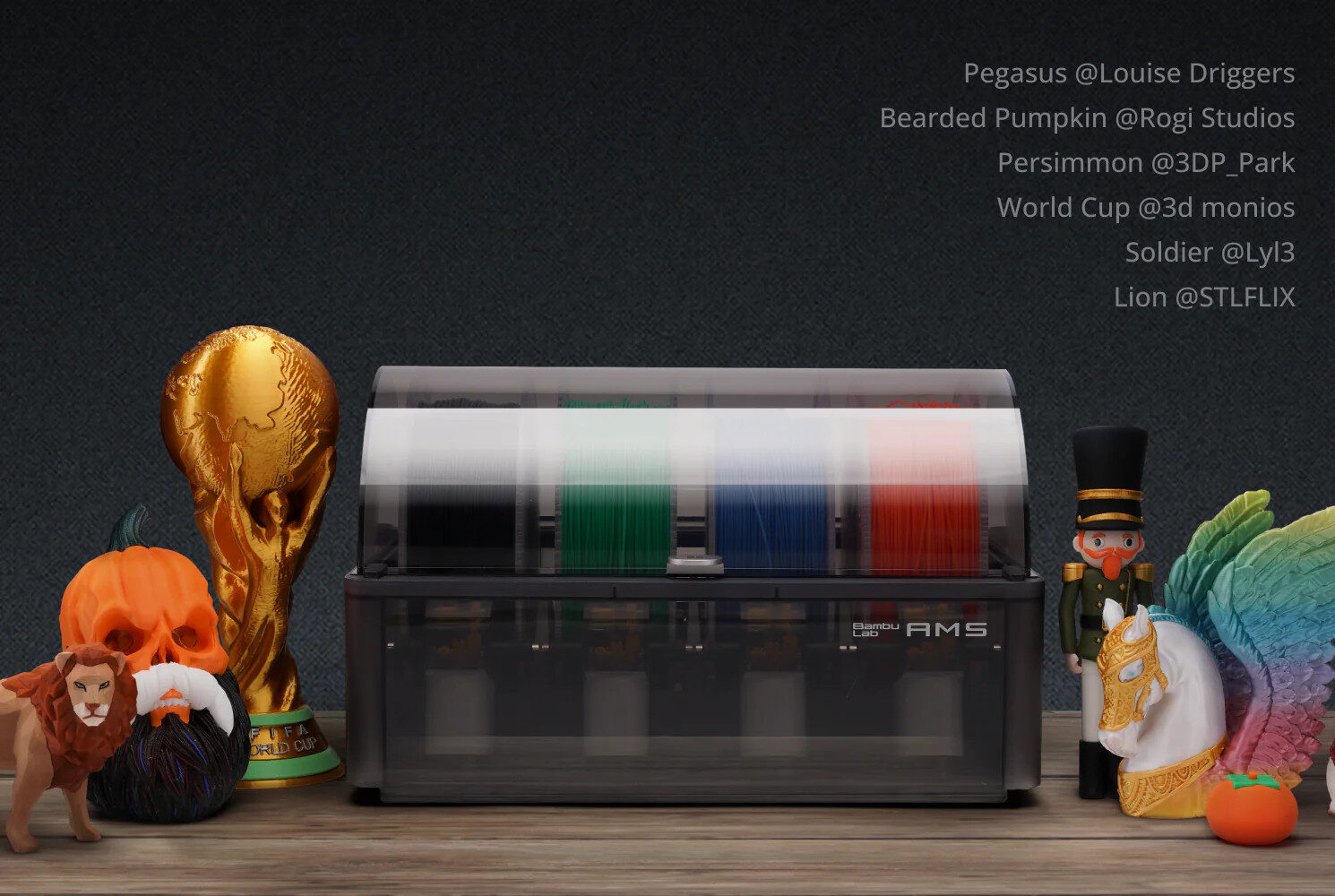In the United States, after drones, consumer 3D printers have come under the spotlight of national security authorities. Specifically, Bambu Lab, a Hong Kong-based manufacturer founded by former DJI engineers, is attracting similar scrutiny to that faced by the Chinese drone giant. This article explores the reasons behind the investigation, potential market impacts, and the company’s strategies to navigate these new challenges.
The DJI Precedent: A Security Turning Point
The U.S. Congress has already taken decisive action against DJI, the Shenzhen-based leader in drone technology. Section 1709 of the FY-2025 National Defense Authorization Act mandates a mandatory audit to assess whether DJI products pose an “unacceptable risk” to national security by December 2025. Without a certification, DJI will be automatically placed on the FCC Covered List, effectively blocking new sales and device certifications.
This move enjoys bipartisan support, with initiatives like the Countering CCP Drones Act and the Drones for America Act aiming to remove Chinese drones from the federal supply chain, increasing control over critical tech imports.
Why Bambu Lab Is Now in Washington’s Crosshairs
Bambu Lab’s connection to DJI and its rapid market growth raise red flags for lawmakers. Key concerns include:
- Mandatory Cloud Connectivity: Bambu Lab’s firmware and apps route data through Chinese Tencent servers, sparking fears of potential remote “kill-switch” capabilities.
- Rapid Market Expansion: In Q1 2025, shipments of entry-level 3D printers surged 64%, pushing Bambu Lab close to the top tier of global manufacturers.
- Rising Tariffs: U.S. tariffs on Chinese 3D printers have already increased Bambu Lab prices by over 30%, prompting last-minute buying discussions in user communities.
U.S. Government Tools to Control Bambu Lab
| Mechanism | Authority | Potential Impact on Bambu Lab |
|---|---|---|
| FCC Covered List | Federal Communications Commission | Blocks RF/Wi-Fi certifications, halts new models from entering the market |
| Entity List | U.S. Department of Commerce (BIS) | Requires licenses for critical components like MCUs and sensors |
| Section 301 Tariffs | USTR | Additional tariffs exceeding 45% on imported kits |
| Executive Order 13959-like | White House | Bans U.S. investments in related companies |
Consumer and Supply Chain Impact
These restrictions could significantly affect prices and support availability. For example, a hypothetical 20% tariff increase could raise the price of the Bambu Lab P1S Combo from $1,299 to around $1,560. Restrictions on exporting firmware or key components might also delay repairs and updates, frustrating users.
U.S. and European brands like Prusa US, LulzBot, and Creality-DE could benefit from rising protectionism, but currently cover less than 10% of the under $2,500 printer segment, leaving uncertainty and market turbulence ahead.
Bambu Lab’s Possible Countermeasures
To address these challenges, Bambu Lab could adopt several strategies:
- Edge Computing: Reduce data routing to China by deploying localized servers and offering an “offline mode” to enhance privacy and security.
- Local Assembly: Import semi-finished parts for final assembly in the U.S. to bypass tariffs on finished goods.
- Voluntary CFIUS Accreditation: Provide proactive transparency to U.S. authorities, similar to Lenovo’s approach in the enterprise server market.
What to Expect in the Mid-Term
If the DJI audit is not initiated by December 2025, the regulatory framework could quickly extend to consumer 3D printers, increasing pressure on Bambu Lab. Even without an explicit ban, cumulative tariffs and regulatory uncertainty may significantly erode Bambu Lab’s competitive edge in the U.S. market.
In an increasingly security conscious geopolitical landscape, both consumers and manufacturers will need to adapt to a new reality shaped by restrictions and opportunities for local innovation.
For more insights on 3D printing technology and national security, explore our dedicated sections.




